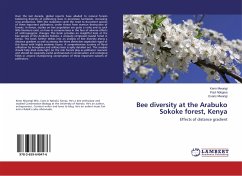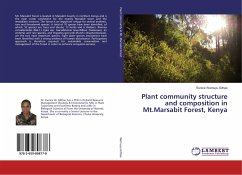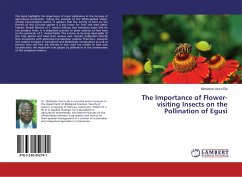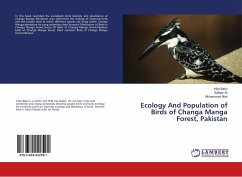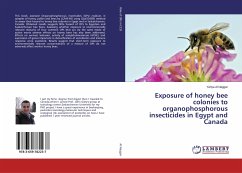Over the last decade, global reports have alluded to natural forests bolstering diversity of pollinating bees in proximate farmlands, increasing crop production. With this realization came the need to document species of these important pollinators; under threat from wanton destruction of forests. In Kenya, studies on bee population are quite a rarity and as such little literature exist, on how to conserve bees in the face of adverse effects of anthropogenic changes. This book provides an insightful look at the bee species of the Arabuko Sokoke, a uniquely composed coastal forest in Kenya. The book further delves into an analysis of bee diversity along a distance gradient as well as among the three distinctive vegetation types of this forest with highly endemic fauna. A comprehensive scrutiny of floral utilization by honeybees and solitary bees is aptly detailed out. This analysis should help shed some light on the role forests play as pollinator reservoir and should be especially useful professionals in conservation and ecological fields or anyone championing conservation of these important subsets of pollinators.
Bitte wählen Sie Ihr Anliegen aus.
Rechnungen
Retourenschein anfordern
Bestellstatus
Storno

